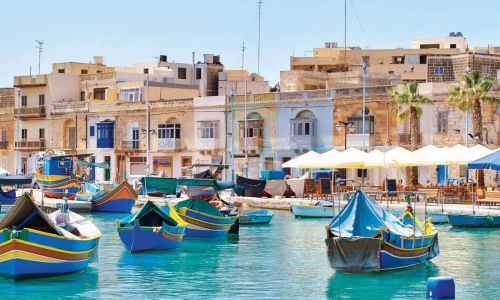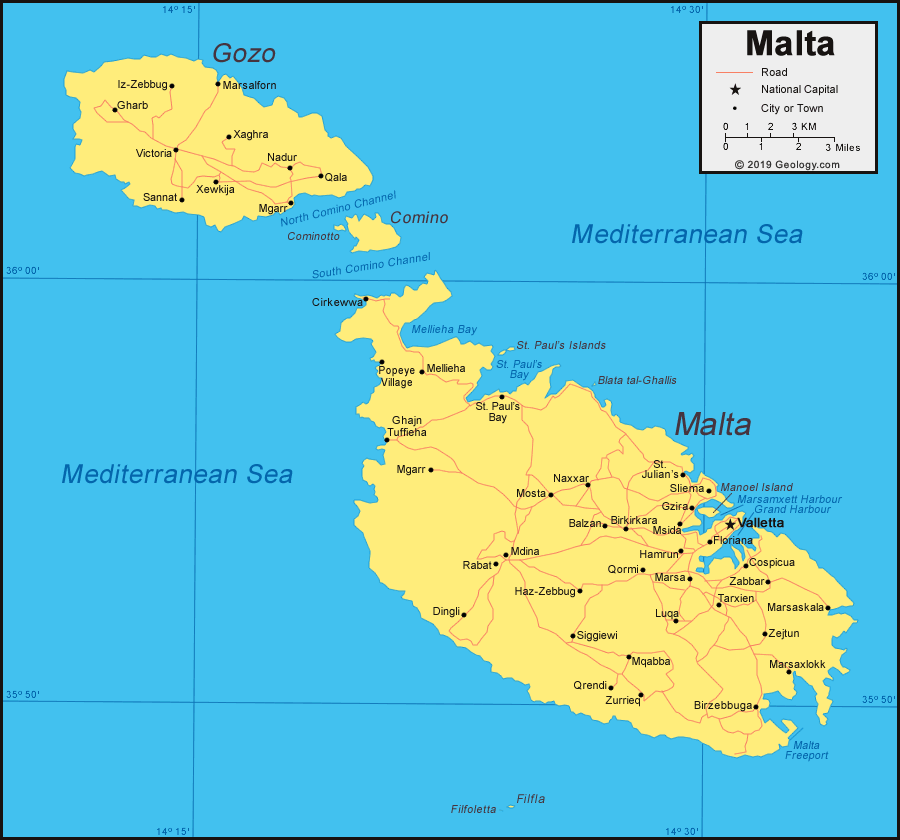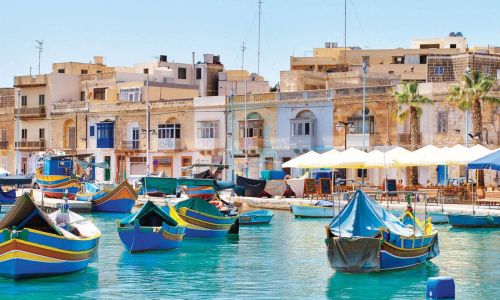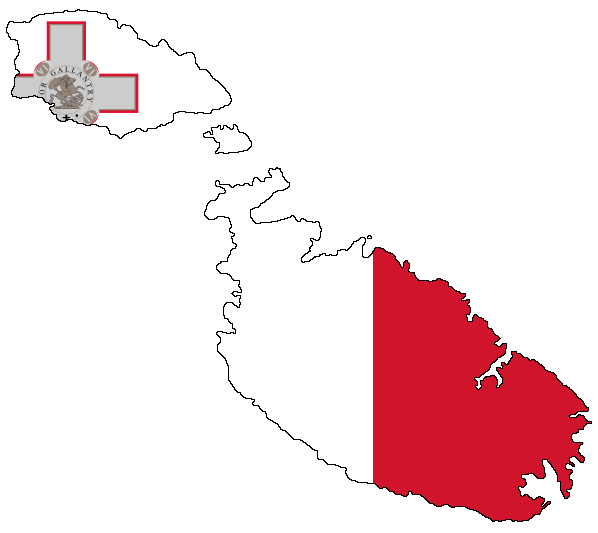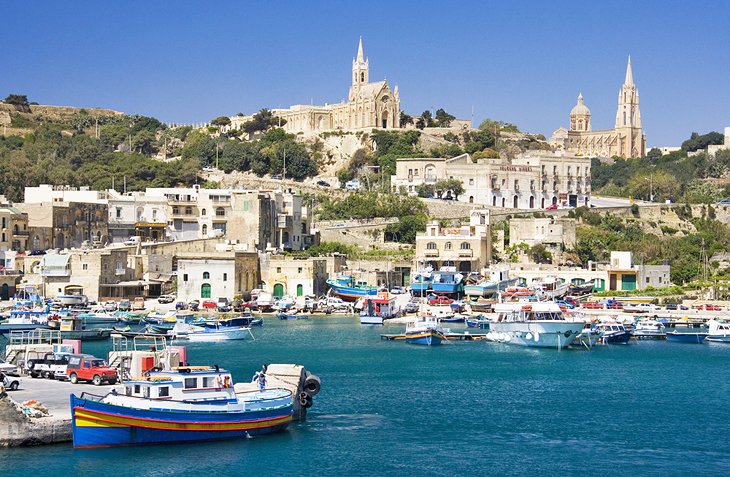I. Introduction
The topic of abortion is a divisive one, often accompanied by emotional arguments and opposing viewpoints. In the small island nation of Malta, abortion is illegal in all circumstances, including when a woman’s life is at risk. Recently, a woman was charged with having an abortion and is facing a potential jail sentence.
This incident has sparked discussions about the negative impact of restrictive abortion laws on women’s health and rights. In this article, we will explore the context of these laws and their impact on Maltese women.
II. The case in Malta
The case against the woman charged with having an abortion has brought Malta’s strict abortion laws into the public eye. Abortion is prohibited under all circumstances, and a person who performs or aids in an abortion can face up to three years in prison. The woman in question could be sentenced to up to four years in prison if convicted. For Maltese women, this means access to safe, legal abortion is virtually nonexistent.
Advocates for women’s reproductive rights have criticized the enforcement of these laws, arguing that it creates a climate of fear and persecution.
The woman’s arrest sparked outrage across the country, with many calling for a change to the law. In response, human rights organizations have called on Malta to decriminalize abortion and provide access to safe and legal abortion services.
III. The impact of abortion bans on women’s health and rights
Restrictive abortion laws have serious consequences for women’s health and rights. When abortion is illegal, women who seek a termination may resort to unsafe and clandestine methods, leading to serious injury or even death. Denying access to safe and legal abortion also perpetuates gender-based violence, as women are forced to carry unwanted pregnancies to term.
In countries where abortion is legal and accessible, women experience better health outcomes, including reduced maternal mortality and morbidity. They are also able to exercise their reproductive rights and make choices about their own bodies and futures. For women in Malta and other countries with restrictive laws, these basic rights are denied.
IV. The role of religion in abortion politics
Malta is a predominantly Catholic country, and the influence of the Catholic Church is apparent in its abortion laws. The Church has long opposed abortion, equating it with murder, and using its influence to shape public policy. In Malta, the Catholic Church holds significant power, and its strict stance on abortion has contributed to the country’s restrictive laws.
While religious freedom is an important right, conflicts between religious beliefs and human rights, including women’s reproductive rights, can arise.
Many countries with dominant religious traditions have adopted more permissive abortion laws, recognizing the importance of upholding human rights and protecting women’s health.
V. The need for reform
There are growing calls for reform of Malta’s abortion laws, with advocates pointing to the negative impact of these laws on women’s health and rights. In order to move towards a more equitable society, it is essential to advocate for reproductive rights and bodily autonomy for all individuals.
Advocates can take a variety of approaches, including organizing peaceful protests and demonstrations, engaging in political advocacy, and providing support and resources to women facing prosecution under existing laws.
It is also important to continue raising awareness about the importance of abortion rights, challenging stigma and misinformation, and promoting a culture of respect for women’s autonomy.
VI. Conclusion
In Malta and across the world, access to safe and legal abortion is an essential component of gender equality and human rights.
Denying women the ability to make choices about their own bodies has far-reaching impacts on health, autonomy, and gender equality.
As a global community, it is vital to continue advocating for change, promoting reproductive rights, and supporting individuals and communities affected by these restrictive laws.
FAQ:
Q: Is abortion legal in any circumstances in Malta?
A: No, abortion is illegal in all circumstances in Malta, including in cases of rape, fatal fetal anomaly, and when a woman’s life is at risk.
Q: What is the punishment for having or assisting in an abortion in Malta?
A: Performing or assisting in an abortion is punishable by up to three years in prison, while a woman who has an abortion can face up to four years in prison.
Q: What can I do to support the push for reform of Malta’s abortion laws?
A: You can join advocacy organizations, participate in peaceful demonstrations, and engage in political advocacy, among other strategies. Supporting women facing prosecution under the existing laws and raising awareness about the importance of reproductive rights and bodily autonomy are also essential steps.








